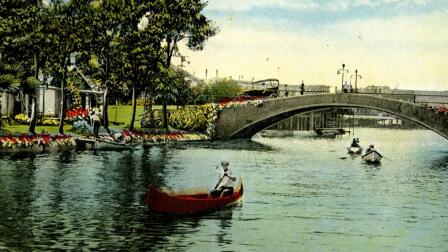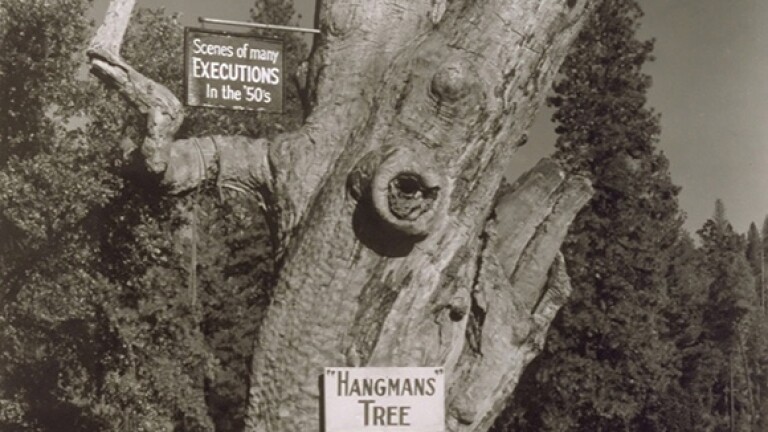Back to Show
Lost LA
The Chinese Massacre: One of Los Angeles' Worst Atrocities
Los Angeles’ Chinatown was the site of one of the worst atrocities in the city’s history when, on October 24, 1871, a mob of Anglos and Latinos murdered nearly 20 Chinese immigrants. The so-called Chinese Massacre marked the first time Los Angeles made national headlines – a stain on the city’s public image that boosters would strive to erase. Much later, they eventually succeeded with the physical erasure of Old Chinatown and the erection of a new movie-set simulacrum: Christine Sterling’s China City.
Support Provided By
Season

27:05
Trace the devastation of the 1928 St. Francis Dam collapse and its deadly flood.

26:40
How Cold War vigilance and secrecy shaped Southern California culture.

26:39
The Space Shuttle Endeavour’s journey is traced from its origins.

26:40
Tiki culture isn’t a Polynesian import — it’s a Hollywood creation.

26:49
Archives reveal the “forgotten plague” that shaped Southern California: tuberculosis.

26:50
Visit Hollywood Forever, Evergreen and Forest Lawn, where L.A. reinvented the cemetery.

26:40
The hiker-activists who led Angelenos into their hills and onto the trails.

26:39
How Filipino Americans in Southern California are making their heritage more visible.

26:47
Iconic fast-food chains from McDonald’s to Taco Bell were born in SoCal.

26:37
After internment camps, Japanese Americans made L.A.'s Crenshaw neighborhood their home.

26:04
During WWII, L.A. became a sanctuary for Europe’s accomplished artists and intellectuals.















